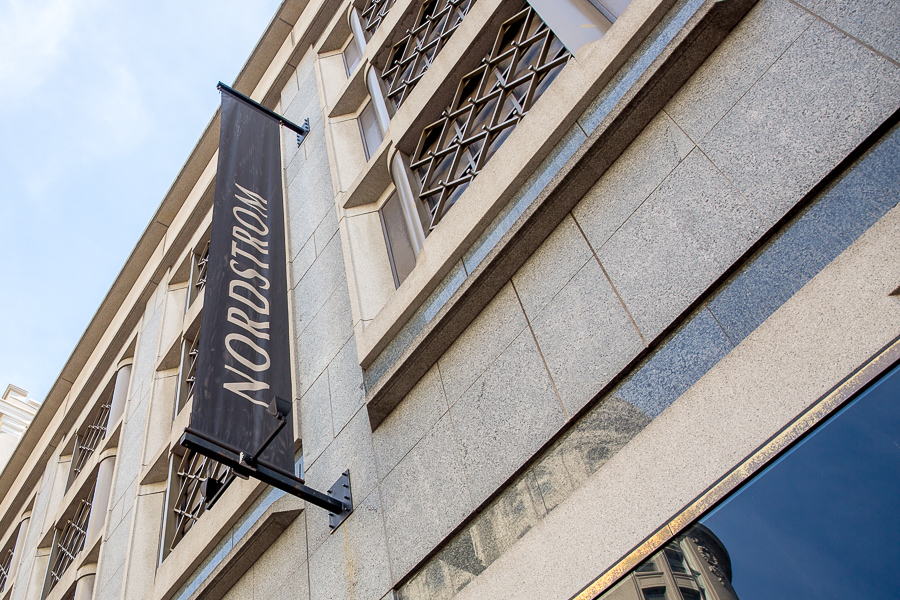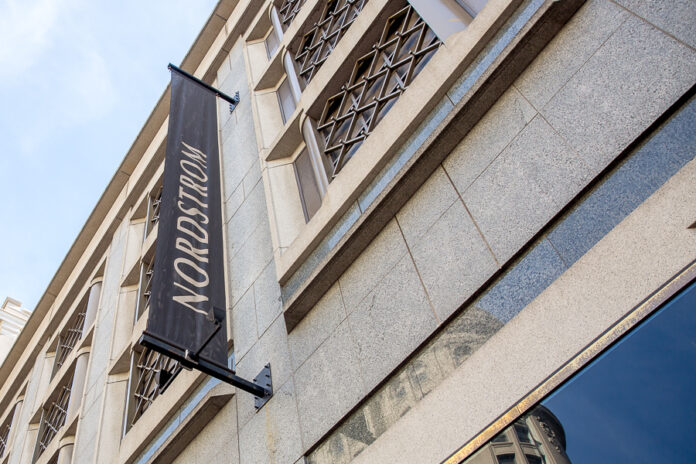
 How companies are staking out a political stance in their ads
How companies are staking out a political stance in their ads
You only need to watch this year’s Super Bowl commercials to see that product ads have become increasingly political, particularly to speak out against President Trump. Corporations seized one of sport’s biggest stages to let their political preference be known.
Considering that CBS charges around $166,666 per second of airtime, the motives behind these decidedly political ads are worthy of consideration. While Super Bowl ads are notoriously edgy, the fact that many of them chose to express political dissent against the President somehow feels even more cutting-edge. This move feels unprecedented; we don’t see ads criticizing political figures outside of the campaign season. But these are product ads.
And here we are, with Coca-Cola countering Trump’s #MakeAmericaGreatAgain with #AmericaIsBeautiful.
The Super Bowl also saw ads from Budweiser, Airbnb, 84 Lumber and Audi — all objecting to some of Trump’s policies. Budweiser depicts the plights of the immigrant by following a German man being discriminated against in his attempt to make America his home during WWII. Many thought the commercial was directed at Trump’s anti-immigration policies (reflected in his travel ban and his desire to build a wall along the Mexican border) because the man was portrayed as an underdog protagonist and a contributing member of society.
In a similar vein, Airbnb aired a commercial showing several close-ups of racially and culturally diverse subjects. With its slogan #WeAccept, the ad seemed to speak against Trump’s hateful rhetoric targeting marginalized communities. While the aims of the commercial seem innocent, its content has met with plenty of criticism, especially in the comments section on YouTube, in which many thought that its political stance was needless. As of writing this article, over 40 percent of viewers took contention with the ad — if “dislikes” are a metric of such a response.
These commercials are not anti-Trump in the sense that they explicitly show him or mention his name. They subtly address the social justice issues that have become media focuses since Trump started his campaign. Audi aired a commercial centered around gender politics. It showed a girl in a boxcar racing competition against mostly male competitors, and her father wonders whether he should tell his daughter that the hardships she will inevitably face are owed to society’s treatment of gender. The fact that these commercials have been received so contentiously by some is remarkable given their soft political statements. Arguably, these commercials are only political in the context of our political reality. On their own, they advocate the importance of diversity, whether it be of ethnic background, thought, religion, culture and so on.
Over the past several months, the reactionary culture of online arguments has festered and grown. In these arguments, we’ve seen political dissent on both sides when it comes to supporting certain businesses and corporations. When these entities make political statements, deliberately or otherwise, they often face boycotts. Some on the left called for a boycott of Uber for its CEO’s support of Trump, and others on the right similarly called for a boycott of Starbucks for its statement in support of refugees.
The question of motives comes up again as we consider these companies’ strategies for publicity. The basic motive behind a commercial is to persuade viewers to buy their products. So, why do these companies risk losing clientele through politics? The less cynical answer is that they want to be on the right side of history. While the anti-Trump messages are meant to appeal to people who oppose his views, it’s important to note that they didn’t necessarily have to go the political route. And yes, political ads get more attention in the media. But that doesn’t mean that in its pursuit to gain publicity, an advertisement loses its credibility. On the contrary, the marketing teams of these companies are, in part, using their spotlight to encourage positivity and unity in a divisive political climate.
While companies can easily drop $5 million on a Super Bowl ad, you can’t put a price on political solidarity.
Written by: Jazmin Garcia — msjgarcia@ucdavis.edu
Disclaimer: The views and opinions expressed by individual columnists belong to the columnists alone and do not necessarily indicate the views and opinions held by The California Aggie.





